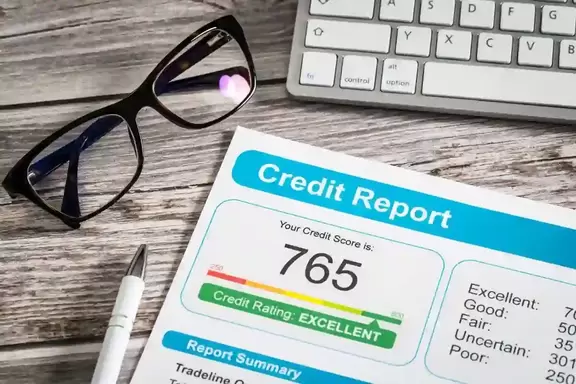|
Money & Finance
|
How to get a County Court Judgment off your credit record
|
Having a County Court Judgment on your record is bad news – there’s no way around it.
If the court has issued a default judgment, it will almost certainly create problems for you, if not immediately, then at some time in the future. The problem is that once this is issued, the claimant can, if they choose, vigorously pursue you for the money. And, not having the cash, won’t necessarily make them go away. Goods can be seized in lieu, money can be taken from your wages, or a charge can be placed against any property you own. Plus, the longer you wait to settle, the more the interest will mount up; on top of that, you may well get a bill for the claimant’s legal costs. Your credit rating will be pretty much destroyed by a CCJ. |
|
|
Few lenders will let you borrow and those that will lend to you will see you as higher risk, so they are going to want to charge you more to offset that risk.
Top Tip: Don’t forget, credit applies to many things, besides a straight loan. Mobile phone contracts, credit cards, 0% pay monthly deals, utility contracts … they all come under the heading of credit. Employers may turn you down as a person who is ‘high risk’, someone who can’t manage their finances or stick to an undertaking – in this case to pay a bill. A court order will automatically go out to all credit agencies, like Experian and Equifax. So, there’s no hiding from a CCJ. So, what can you do if the worst has happened? Well, there are three ways to sort it. |
|
|
Settle the bill within a month of the judgment
Not much good for most people who often haven’t paid because they can’t pay. But for others, a CCJ is a way of giving them a shove to resort their priorities. What has been ignored or avoided for months now suddenly needs to be addressed. If you possibly can pay, now is the time to do so because you’ll probably save yourself a whole lot of grief later. Make sure it’s within a month of the date of the judgment and your record will be clean again. Apply to have the court’s decision “set aside” if it’s a default judgment This will be the case if you have not made any effort to put forward a defence to the claim and you didn't go along to the hearing. So, what you need to do now is show there is a strong possibility that you can now defend the claim. You’ll need to show, for example, that forms were sent to the wrong address, you weren't aware of the claim or even that the amount owed is incorrect. Judgment can also be set aside if you can show a good reason why you didn’t attend the hearing – but this can’t be something flippant, such as an appointment to be somewhere else that day. If the judgment is set aside, then this will have the same effect as though it was never made in the first place. But keep in mind that you may only be putting things off – if you owe a substantial sum, the creditor is quite likely to begin proceedings again. |
|
|
Wait six years
This is the last, and certainly the cheapest, method of escaping a CCJ. For many people, this is the worst option because, while the black mark on your credit record will disappear automatically after this time, credit in the meantime will be all but impossible. But, if you can wait, after six years from the date of judgment it will go, whether you've paid it off or not. Be warned, however, as we have reported previously, even this may not set you free. Even though a County Court Judgment (CCJ) drops off the court register after six years, a creditor is able to pursue payment after that IF they keep up regular communication with the debtor. And, in the case we reported on, the creditor had done just that, writing to the debtors every six months for 14 years to remind them of what they owed and how the interest was continuing to be added. The information on this page is intended for editorial purposes only and not intended as a recommendation or financial advice. |
|


